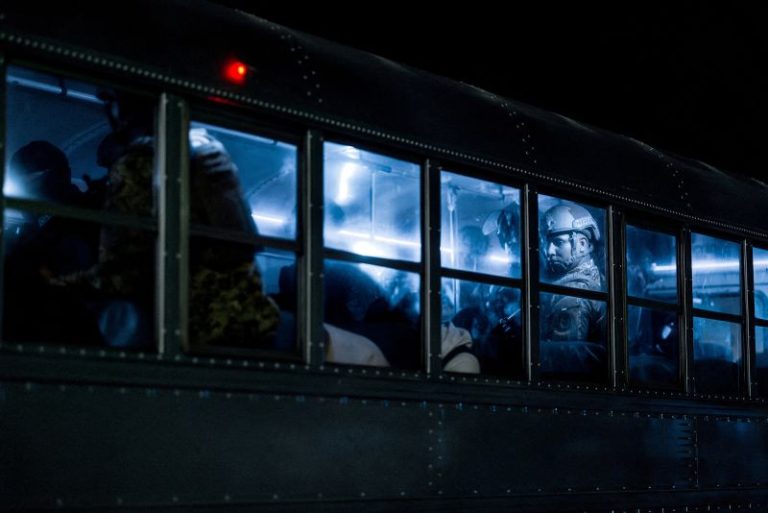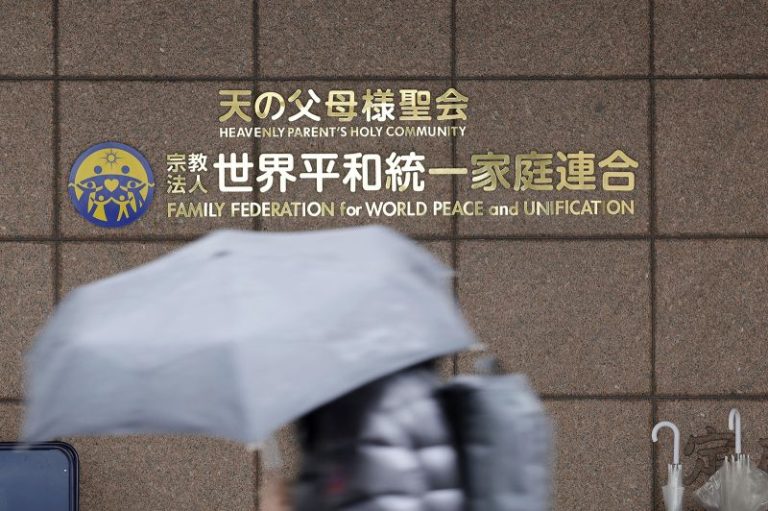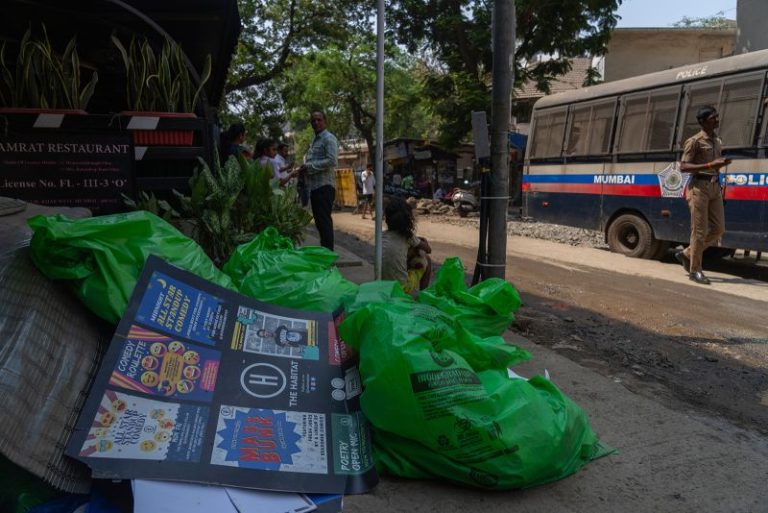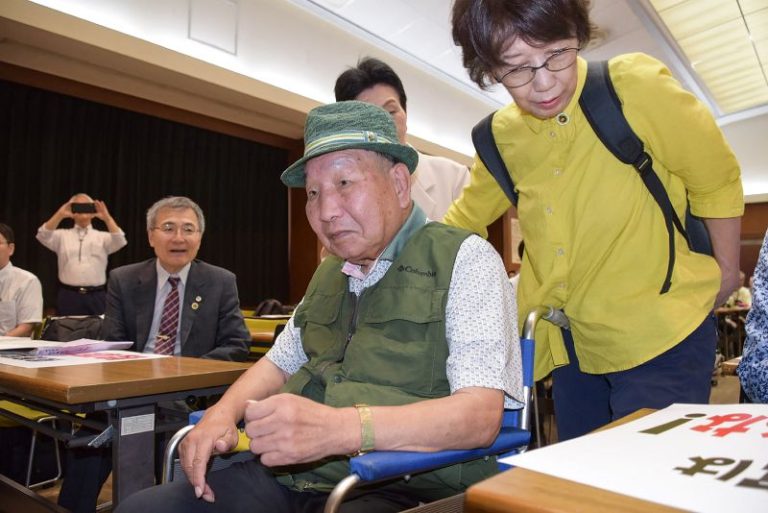A team of lawyers representing the families of 30 Venezuelans sent by the United States to a mega prison in El Salvador asked the Salvadoran Supreme Court of Justice on Monday to evaluate the legality of their detention.
One of the attorneys, Jaime Ortega, said they were hired by the government of Venezuelan President Nicolás Maduro to file an appeal before the Constitutional Chamber of the Salvadoran Supreme Court, which would also apply to the rest of the 238 Venezuelans deported on the orders of US President Donald Trump.
“We are asking the court to review their legal status and issue a ruling. If their detention is illegal, it should immediately order their release,” Ortega told reporters.
Salvadoran President Nayib Bukele said last week that the US sent 238 alleged members of the Tren de Aragua criminal organization, though he didn’t identify them or provide evidence for that claim. El Salvador agreed to take them in and lock them up at its Terrorism Confinement Center (Cecot), considered the largest prison in Latin America. US authorities have acknowledged that not all deportees had criminal records.
The Trump administration said 137 of those migrants were deported under the Alien Enemies Act. Use of the act, previously used only in wartime, under these circumstances is currently under judicial scrutiny in the US.
The lawyers in El Salvador said that if this is an immigration matter, they hope the Salvadoran Supreme Court will order that the Venezuelans be sent back to their countries.
The judges have no set deadline to resolve the appeal.
Juan Pappier, Americas Deputy Director of Human Rights Watch, cautioned that it was “unrealistic” to expect the court to go against the Bukele administration.
“I understand (the families’) desperation and I think they should use whatever avenue they can find available,” Pappier said.
Pappier argued that these types of deportations violate UN principles that forbid countries from transferring individuals to a place “where they can risk facing torture and other grave human rights violations.”
The National Commission on Human Rights and Freedom of Expression, a Salvadoran government agency, said families of Venezuelan deportees held in Cecot could petition the Salvadoran government for their release.
“We will process each case and carry out the corresponding verifications,” presidential commissioner Andrés Guzmán said.




